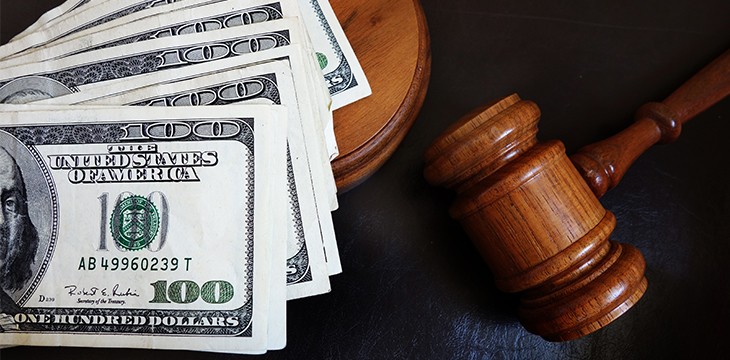|
Getting your Trinity Audio player ready...
|
A number of investors in the token issued by messaging app Telegram are reported to be ready to accept their money back, which would see the firm settle at a fraction of the funds paid into the token.
According to a TASS report, as many as 10 separate investors in Telegram’s blockchain project are now poised to accept the offer, which would see 72% of money invested in the token returned.
Head of Russian digital currency investment firm Hash CIB, Yakov Barinsky, said the refund offer was looking more attractive to investors in light of the global coronavirus crisis: “What I see now among various investors is that many, at least 10 investors with whom I spoke, are inclined to take away 72% of the invested funds. Considering what is happening in the financial markets, this offer now looks much better than in October.”
Back in October, investors were offered 77% of invested funds back as refunds for the project, which has been beset with difficulties—not least ongoing investigation by the U.S. Securities and Exchange Commission (SEC), over what the regulator argues was an illegal sale of securities.
At the time, investors rejected the offer and agreed to extend the deadline for issuing the tokens to April 2020. Now, Telegram has said investors can receive 72% of their funds back, with the remaining 5% already spent on the development process in the intervening months.
It follows on from a ruling earlier this week, in which a federal court in New York ruled against Telegram, finding that issuing the Gram tokens would constitute a violation of securities laws.
Barinsky said Telegram could now choose to register a transaction, and to recognize the court’s interpretation of its Gram tokens as a security.
“To conduct an IPO, but in this case, the launch of the project will be postponed for another period, companies usually prepare for this for at least a year. For this scenario, it will also be necessary to conduct another consultation with investors and again ask for a delay in launching the project,” Barinsky said.

 03-04-2026
03-04-2026 




